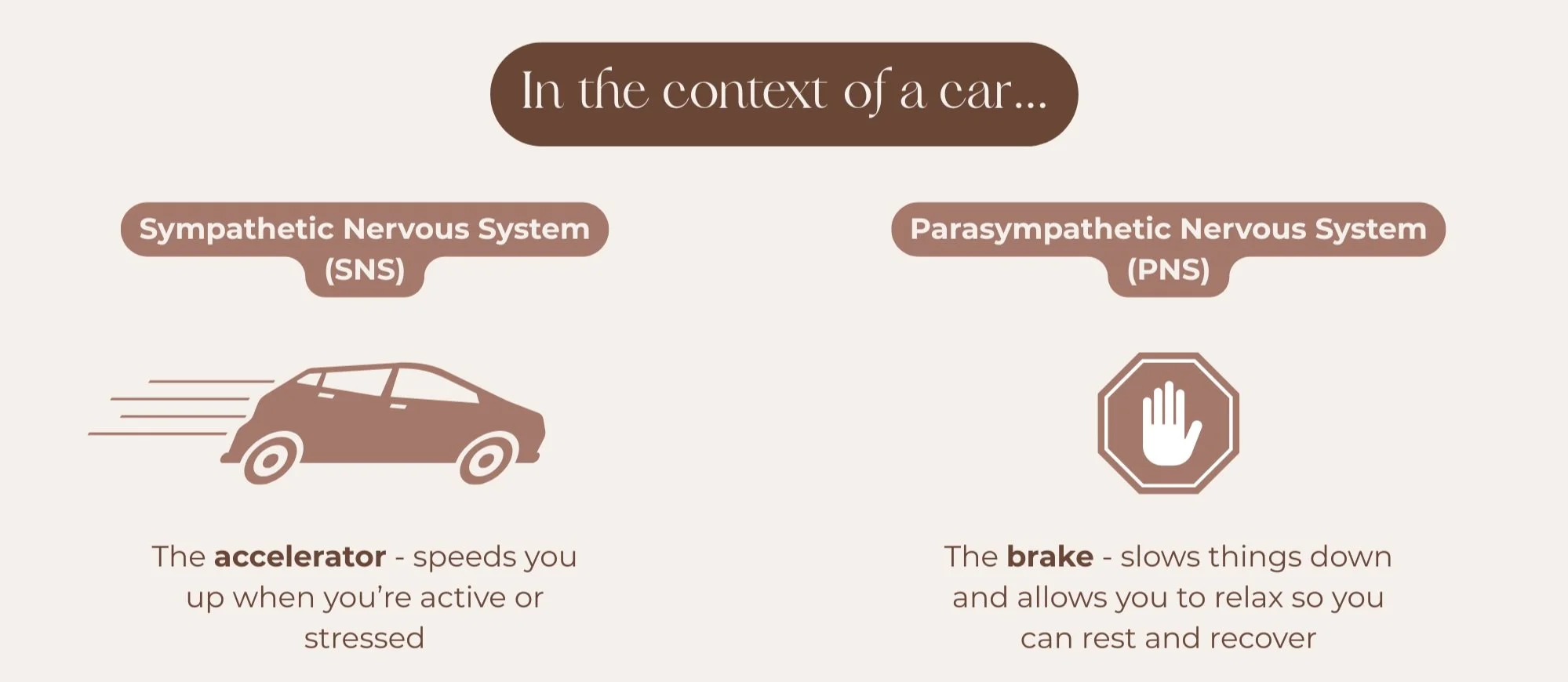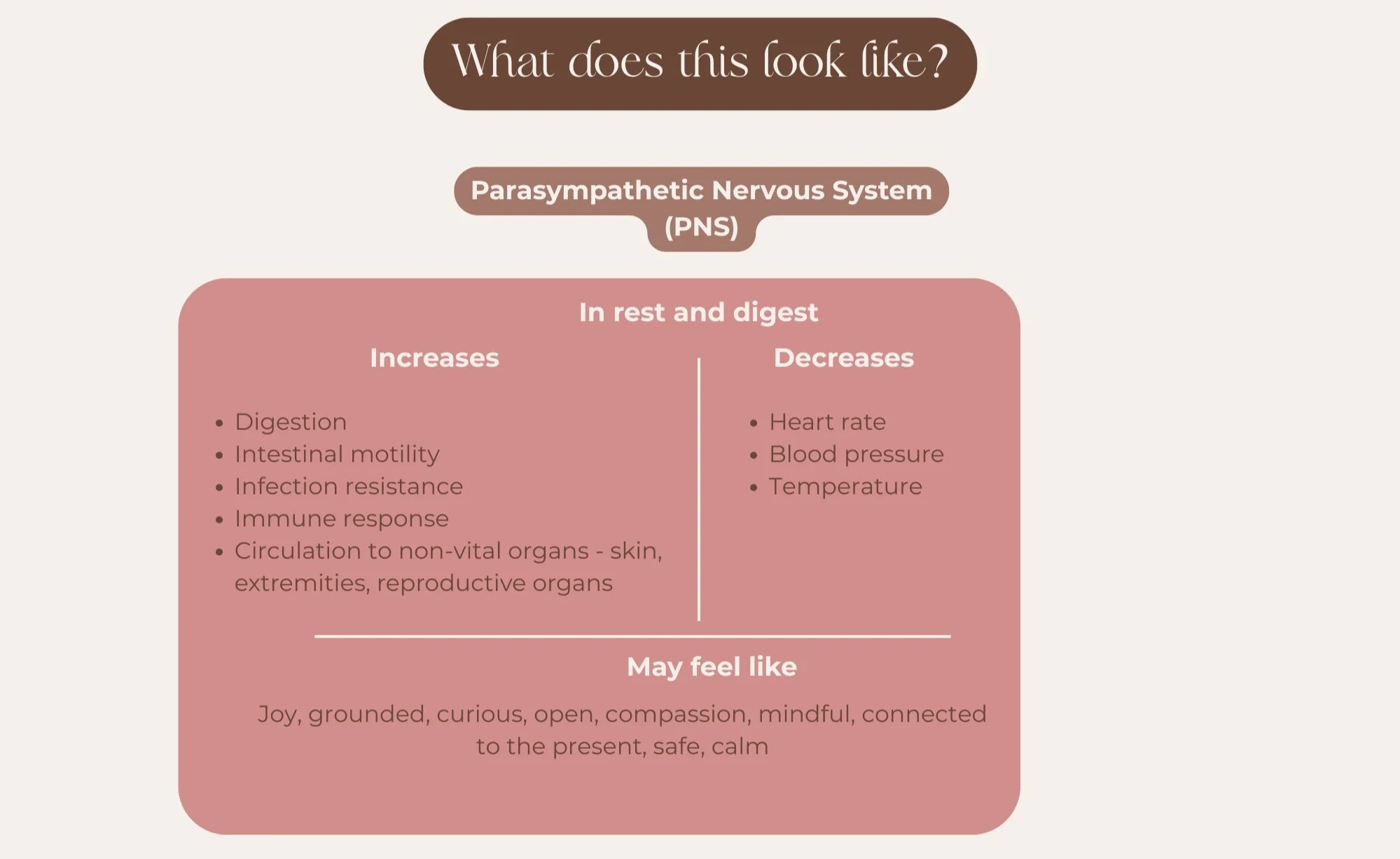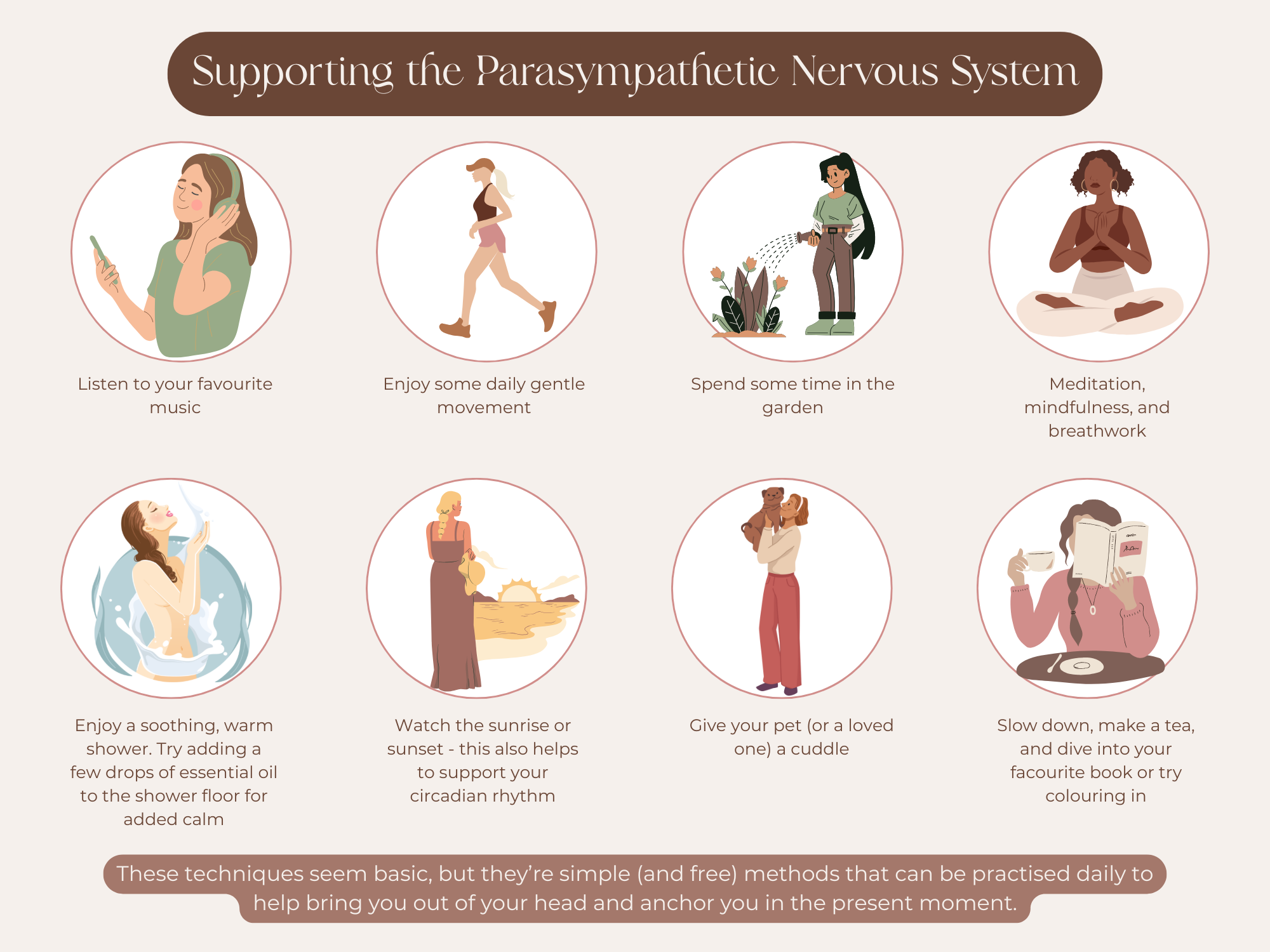Understanding Stress & Naturopathic Support: A Holistic Approach to Nervous System Balance
The Foundational Series
Stress is a natural part of life, but when it becomes chronic, it can have a profound impact on your health.
Whether it’s work pressures, relationship challenges, financial concerns, or simply the relentless pace of modern living, prolonged stress can leave your body feeling depleted and out of balance, and the effects of stress can ripple through every system in the body.
If you’re here, I’m assuming that it’s because stress is something that you’re currently struggling with and want to understand on a deeper level. Hopefully, by the end of this post, you’ll have a clearer understanding of what stress is, the impact it has on your body, and an idea of what to do next.
Let’s Start With the Basics - What is Stress?
Stress is the body’s response to any challenge or demand. When we encounter stressors—whether physical, emotional, or environmental—our sympathetic nervous system activates the “fight-or-flight” response. This is an ancient survival mechanism designed to keep us safe. It increases heart rate, releases stress hormones like cortisol and adrenaline, and sharpens focus to help us react quickly. While this response is essential in short bursts, problems arise when stress becomes chronic and the body remains in a heightened state of alert for too long.
The key I want you to remember here is that our bodies and brains have not had enough time to evolve and adapt to our current environment and way of living. Essentially, we’re pending that 2025 update and we are still living in a body designed to live outdoors, rely on fire and the sun for light, eat wild-caught or foraged foods, and hide from predators that want to eat us - think like a caveman.
How does this translate to our reality?
Our brains are designed to continually monitor for dangers and threats to our lives, and it relies on a variety of environmental cues (think waking up to a room full of smoke, you’re going to get yourself out of there as quickly as possible) and internal cues (like your blood pressure, heart rate, and breathing) to determine if you’re safe or not. Its ultimate goal is survival.
So in our modern world when we may receive that text saying “we need to talk” or when you jump into your inbox and see that your boss scheduled a meeting with you, your brain will perceive these stressors as an immediate danger to your life and switch into survival mode. We have not had the time to adapt to these new triggers, so it doesn’t comprehend that you’re actually safe and sitting on your living room couch looking at your phone. As far as your brain is aware, your life is about to end and we need to keep you alive.
Enter The Nervous System: Foundations for Balance
Think of your nervous system as a giant communication network that keeps everything in your body running smoothly. It’s in charge of sending and receiving messages, allowing you to think, move, feel, and react to the world around you.
To keep it simple, we’re only going to focus on a few key parts of your nervous system.
We have two main components to the nervous system:
1. The Central Nervous System (CNS): The Boss
The CNS is like the headquarters of your body. It includes:
The Brain – The control center that processes information, makes decisions, and tells your body what to do.
The Spinal Cord – The main highway that carries messages between your brain and the rest of your body.
2. The Peripheral Nervous System (PNS): The Messengers
The PNS is made up of all the nerves that branch out from the spinal cord to the rest of your body. It acts like a postal system, delivering messages between your brain and muscles, organs, and skin.
One part of the PNS is the Autonomic Nervous System (ANS) – this runs all the automatic functions your body does without you thinking about it, like breathing, digestion, and heartbeat. The ANS has two key branches which regulate stress and relaxation:
The Sympathetic Nervous System (SNS): This is responsible for the fight-or-flight response, helping us respond to threats by increasing heart rate, blood pressure, and energy production.
The Parasympathetic Nervous System (PNS): Often called the rest-and-digest system, this helps bring the body back to a state of relaxation, supporting digestion, hormonal balance, and cellular repair.
An additional state that can exist within the PNS due to dysregulation is freeze, where the body essentially feels trapped and “prepares” for death (remember that it doesn’t know that you just had a bad phone call).
When stress becomes chronic, we tend to become stuck within the fight, flight, or freeze responses leading to nervous system dysregulation.
Remember, the goal of your brain is to keep you alive, so all systems and organs deemed “not essential to life” are switched off.
Why would you have a libido if you’re about to die? Sex isn’t the priority, your life is.
Same for conceiving a child, you’re about to be eaten by a predator, now isn’t the time to create a life.
Beautiful, glowing skin? Forget about it, your skin doesn’t need an oxygen and nutrient-rich blood supply right now, but your heart and brain do.
Digestion? Get that food out of you as quickly as possible, we don’t have time to digest or absorb anything because we need to go, NOW (ever wonder why you get diarrhoea when you’re nervous?).
Naturopathic Support for a Dysregulated Nervous System
Naturopathy focuses on restoring balance to the body using natural therapies, dietary changes, and lifestyle support. If you’re experiencing stress-related symptoms, a naturopath can work with you to develop an individualised plan to help your body regain equilibrium. Some key areas of focus include:
Nutritional Support for Stress
Your body needs essential nutrients to cope with stress. Focus on a whole-food diet rich in:
Magnesium: Supports relaxation and nervous system function (found in leafy greens, nuts, seeds, and dark chocolate).
B Vitamins: Help regulate energy levels and mood (found in whole grains, eggs, and legumes).
Omega-3 Fatty Acids: Reduce inflammation and support brain health (found in fatty fish, walnuts, and flaxseeds).
Herbal Medicine for Nervous System Support
Many herbs help the body adapt to stress and promote resilience via the activity they exert on various receptors, pathways, and neurotransmitters within the body.
I won’t list any particular herbs here, as I believe the herb should be matched to the individual, not the disease or symptom. If you’re interested in using herbal medicine as support, then definitely book in with me to receive a completely personalised prescription.
Lifestyle Strategies to Reduce Stress Load
Small, daily practices can make a significant difference in calming the nervous system. These help provide those internal cues to tell your brain that you’re safe.
Finding Balance: A Naturopathic Perspective
Stress is unavoidable, but learning how to support your nervous system naturally can help you feel more in control of your health. If you’ve been experiencing ongoing stress symptoms, working with a naturopath can help you identify underlying imbalances and create a tailored wellness plan.
At Sirona Wellness, I take a holistic approach to stress management, addressing diet, lifestyle, and herbal medicine to support your body’s unique needs. If you’d like to explore naturopathic support for stress, book a free 20-minute discovery call today to start your journey towards better balance and well-being.
Until next time,







